The York Council exceeded its expenditure budget during the last financial year by nearly £2 million..
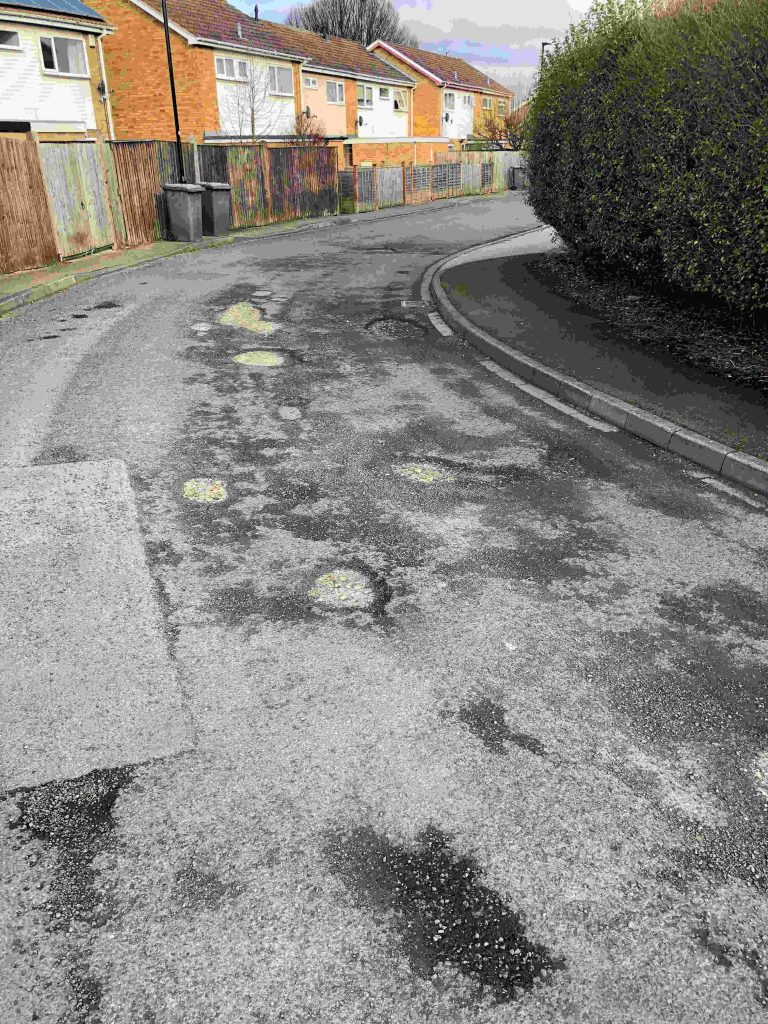
It was able to fill the gap by drawing on £1/2 million from its contingency allocation. It also raided its reserves to find an additional £1.4 million which it had previously earmarked for pay and pensioners liabilities. The final £309,000, held to repay unlawfully issued fines connected to the Lendal Bridge closure, was also utilised.
While this juggling of funds allowed the authority to emerge with a £128,000 surplus on its 2019/20 £123 million budget, the moves camouflaged large overspends on Education and Social Care. Promised efficiencies there failed to materialise.
The £1.5 million overspend by the Education department will no doubt result in a renewed focus on inessential expenditure. One trenchant “citizen auditor” has reported finding that the department apparently spent £10,000 renting rooms at a luxury hotel and golf complex in Humberside last year. The nature of the activity is being investigated.
Clearly the Council will now need to clamp down on anything other than essential expenditure.
The Council faces a new multi-million pound shortfall on its income this year as a result of the Coronavirus epidemic. It will not be able to call on the above reserves again but does have a buffer provided by the £7.4 million held in general reserves.
A meeting to discuss the report takes place on Thursday
Quality of Public Services in York
The Council has also released some information on public service quality. Unfortunately, many of the figures are not up to date. There is likely to be some cynicism about some of the results with only 20% of road surfaces in the City classified as “poor” or “very poor” by Council officials!
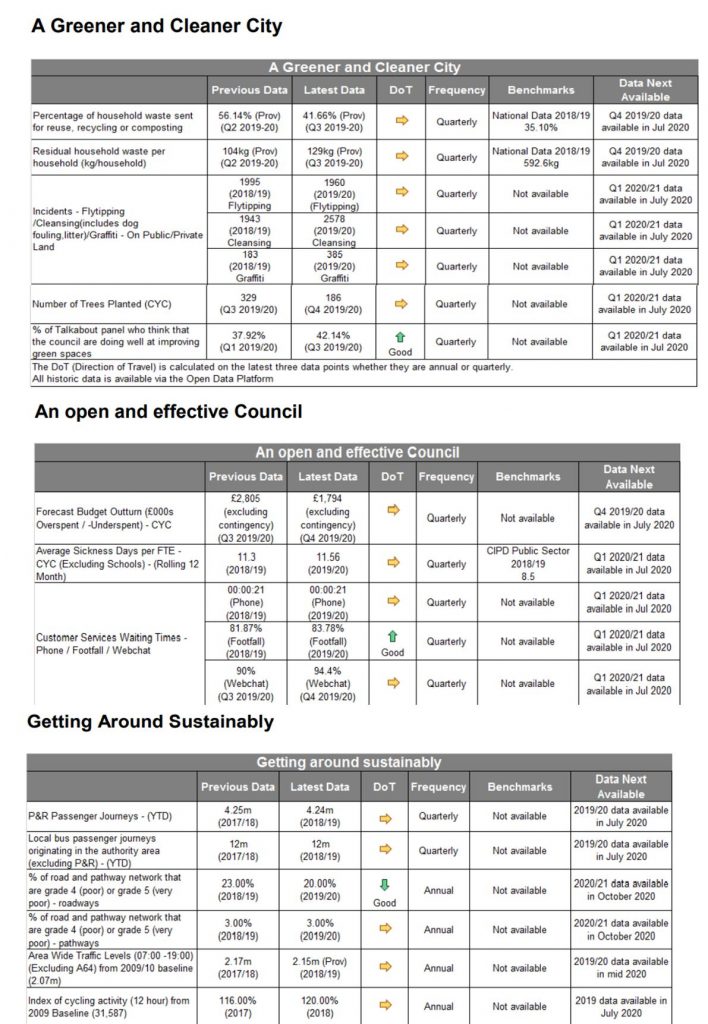

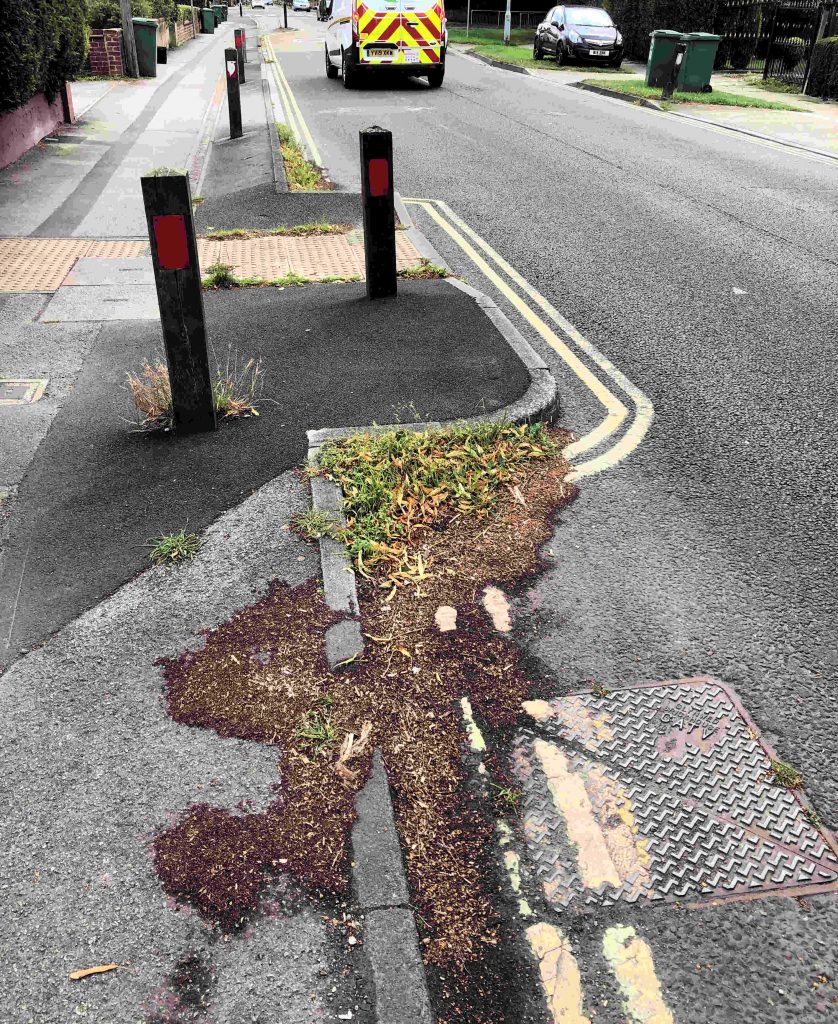
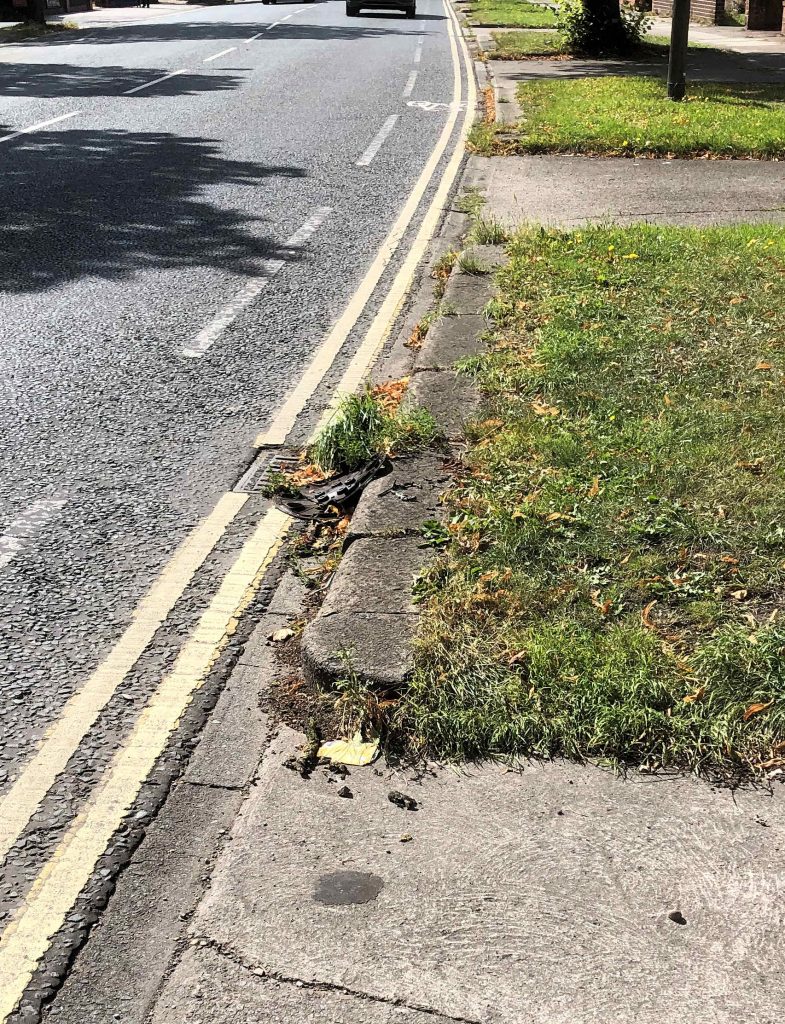
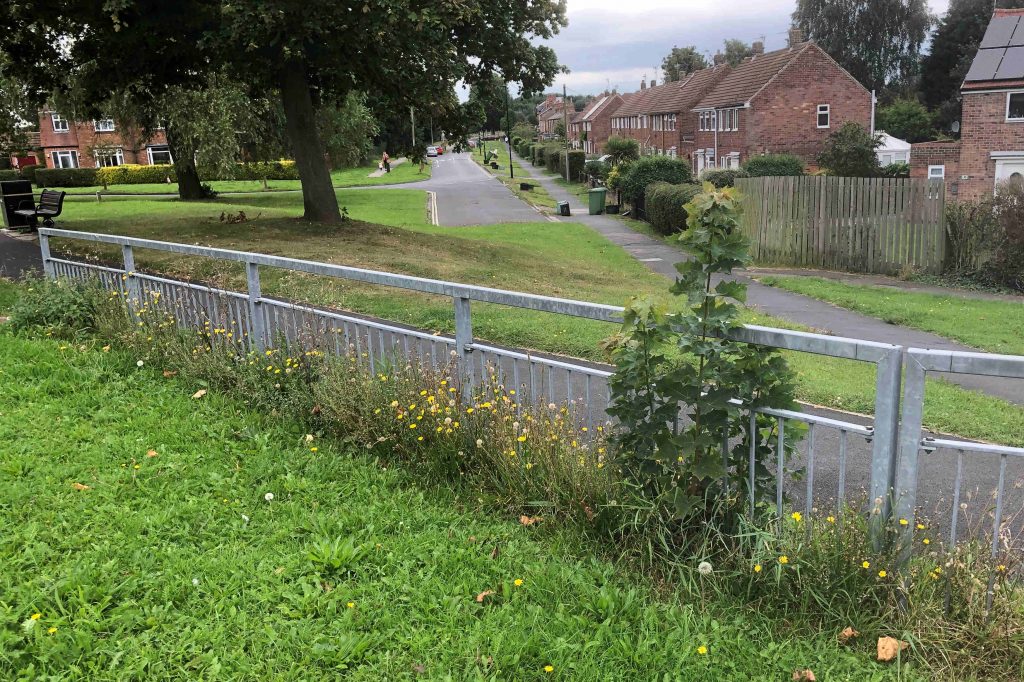
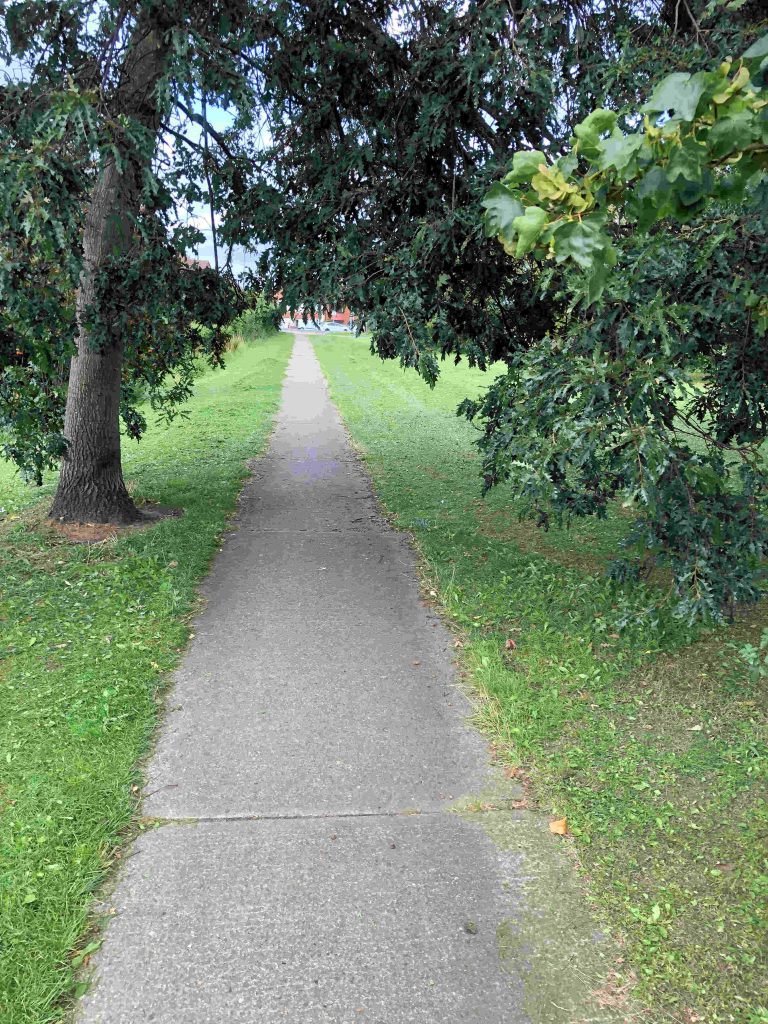
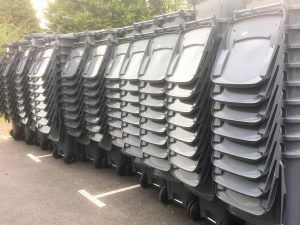
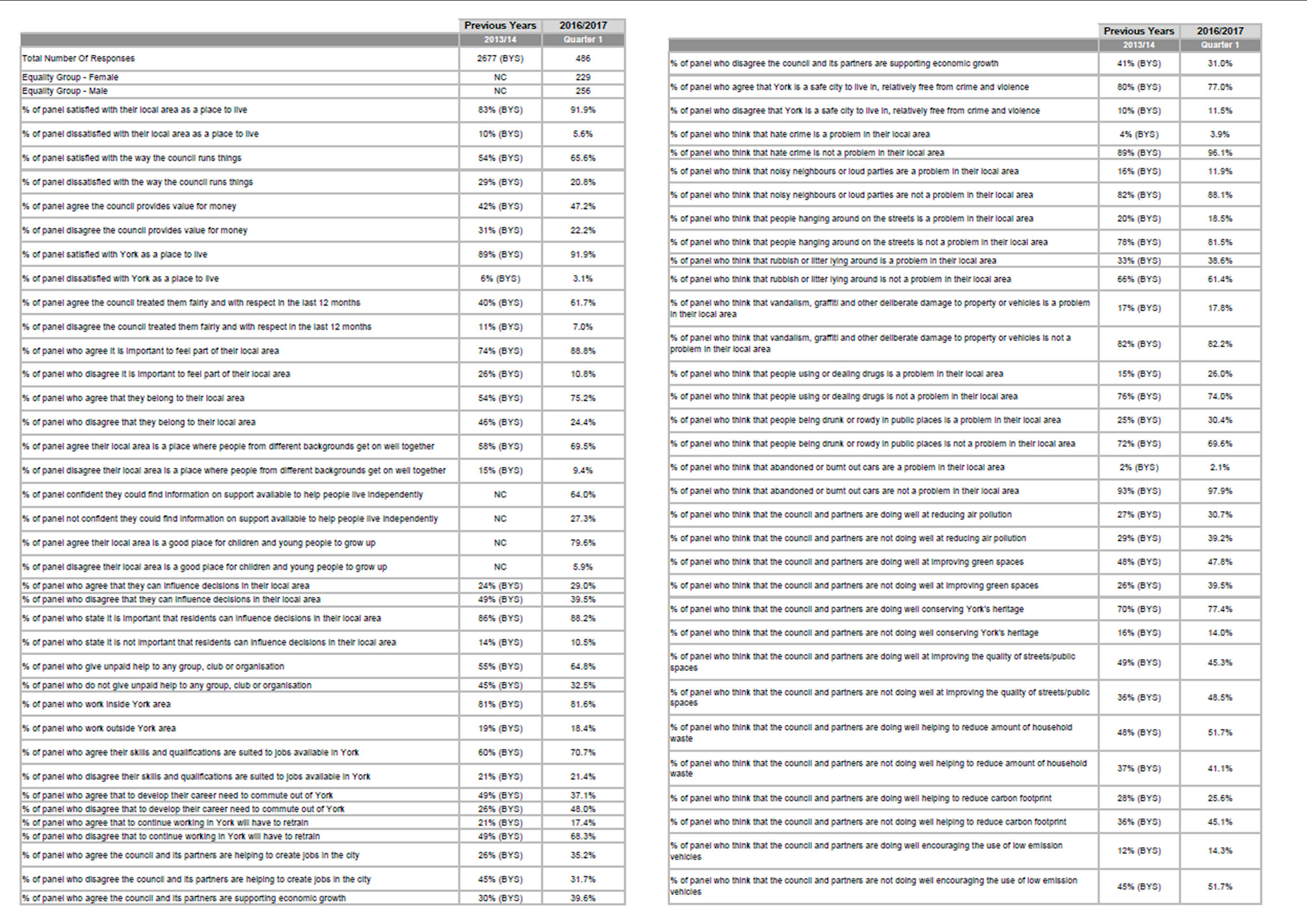
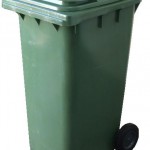
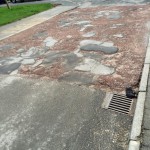
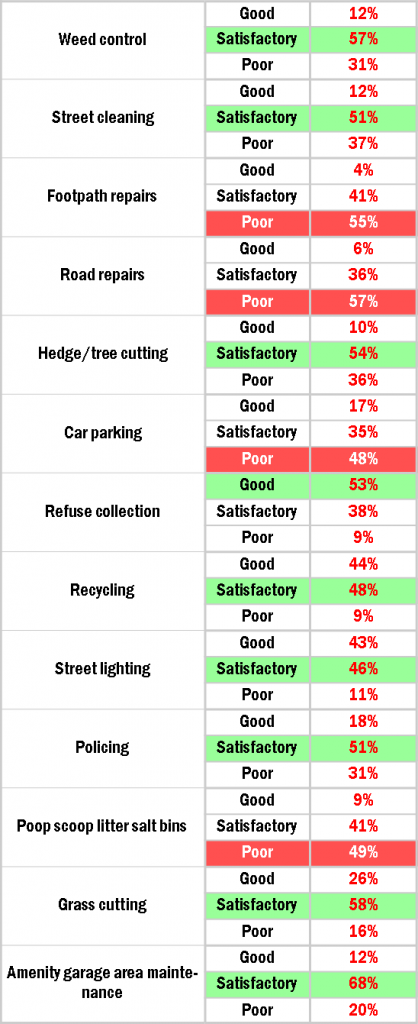 Problems with vandalism showed small increases (17% up to 18%), as did drug dealing (15% up to 26%) and drunk/rowdy behaviour (25% up to 30%)
Problems with vandalism showed small increases (17% up to 18%), as did drug dealing (15% up to 26%) and drunk/rowdy behaviour (25% up to 30%)